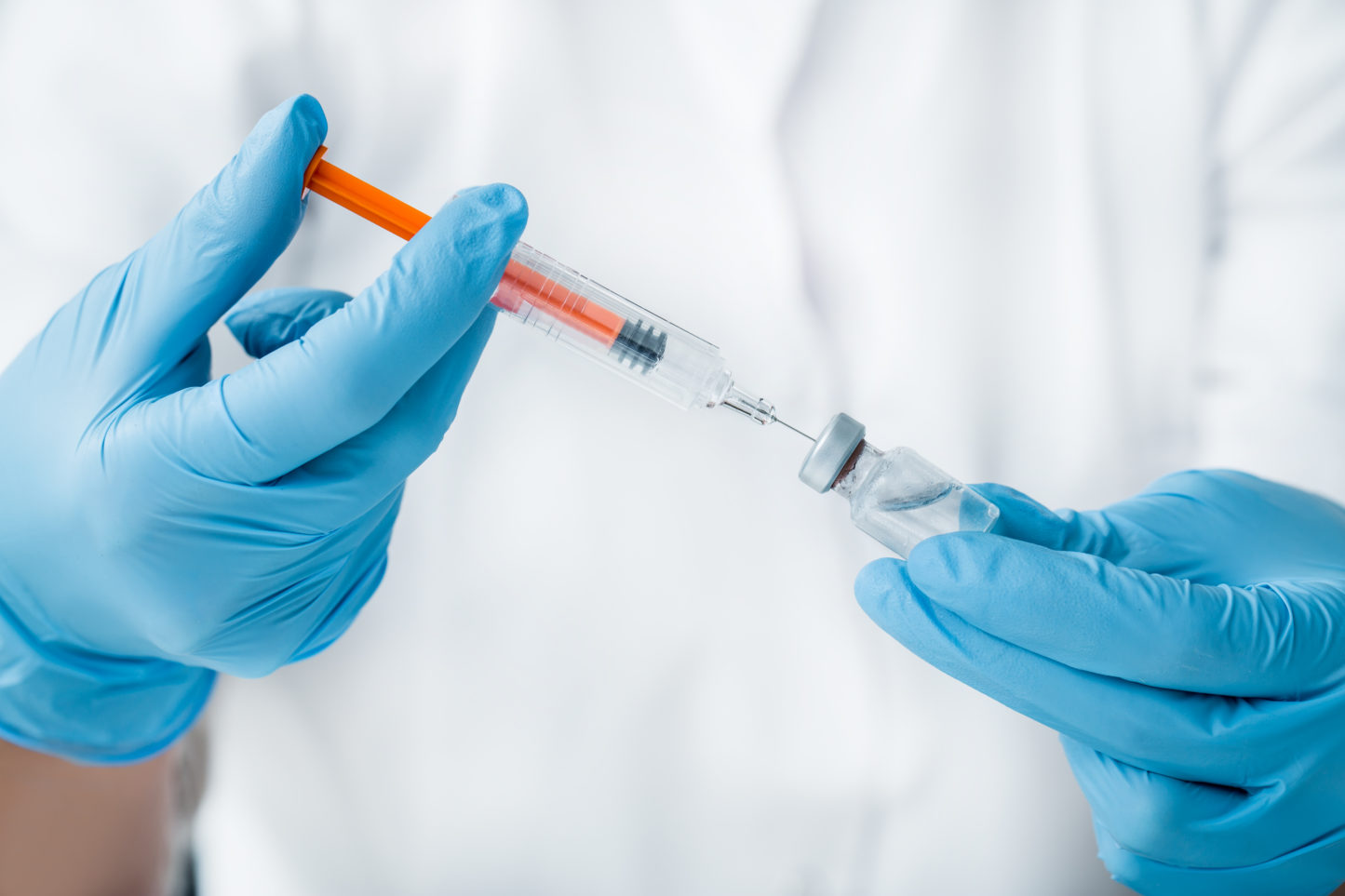Medication waste happens every day. It happens when your patient needs 8 milligrams of morphine, but you only have 10-milligram vials so you have to waste the extra 2 milligrams. But are you handling controlled substance waste properly, according to DEA regulations?
Non-Retrievable Disposal
If you’ve worked in healthcare for a number of years, you may remember the days of simply disposing of leftover medication down the drain. Today, we know doing so is detrimental to the public water supply and against the law. But with the opioid crisis, we also can’t collect unused drugs in regular sharps containers. Instead, the DEA requires that leftover controlled substances be disposed of in a non-retrievable container, such as
the Rx Destroyer.
The Rx Destroyer is essentially a waste container with charcoal inside that absorbs leftover liquid medication, such as morphine, fentanyl and other controlled substances. But wasting drugs into the Rx Destroyer is only step one of a two-step process.
What to Do with Rx Destroyer When Full
Once your Rx Destroyer is full, it must be incinerated. Collect all used Rx Destroyers and place them into your
non-hazardous pharmaceutical waste container for collection by a DEA-compliant medical waste disposal company, such as US Bio-Clean.
Do not dispose of Rx Destroyers in your regular trash or throw them in with your biohazardous waste. Biohazardous waste is not incinerated, so that would not meet the DEA’s requirement for destruction.
When Not to Use the Rx Destroyer
The Rx Destroyer should be used to dispose of leftover medication only. In other words, medication that has been prescribed to a patient but not fully used. Controlled substances — including pharmaceutical drug samples — that are unused, expired or damaged should not go in the Rx Destroyer. These types of medications need to go through a process called reverse distribution in order to clear it from your drug inventory.
Schedule I and II
controlled substances should be transferred using DEA Form 222, while Schedule III through V compounds may be transferred via invoice. You’ll need to maintain copies of the records documenting the transfer and disposal of controlled substances for at least two years.
Have Questions?
US Bio-Clean can help you navigate the heavily regulated world of pharmaceutical waste. Call us at
602-384-3927.
Need your own
Rx Destroyer or
non-hazardous pharmaceutical waste container? Order now!
